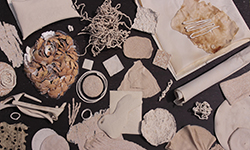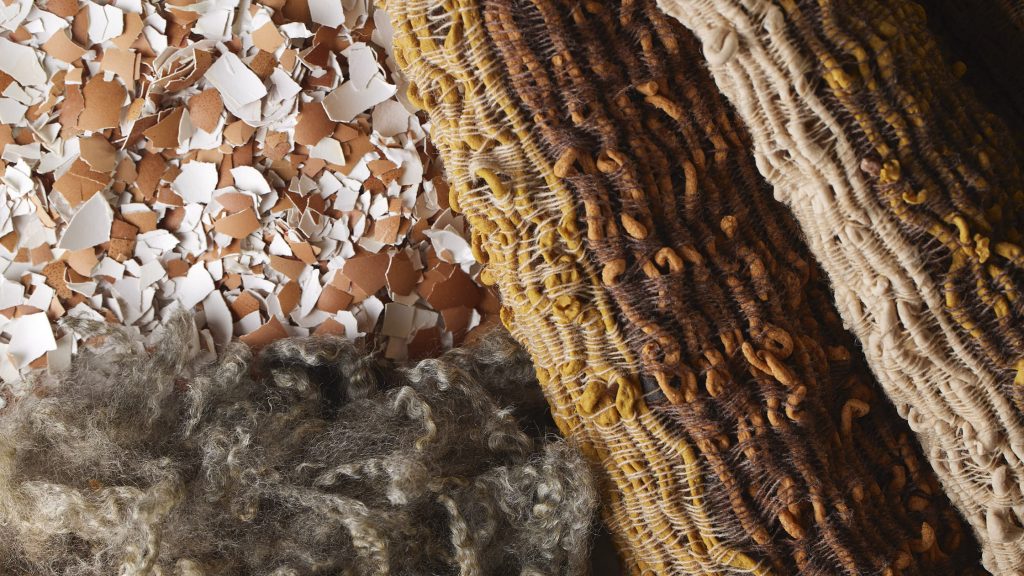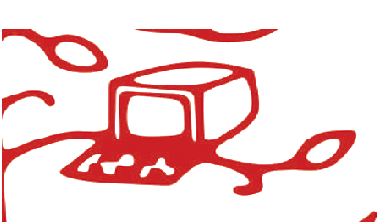
Advocacy, Case Studies, Craftspersons/ Artisanal, Employment/ Livelihood
Aeggis: Weaving Material Synergies
Singh, Saumya
Issue 10,Summer 2023
Issue #10, 2023 ISSN: 2581- 9410
This project is an attempt at redefining the cyclical approach with which we can perceive, produce and use impermanent biological materials.
With emerging problems of material consumption and waste management in the 21st century, we need to reimagine and question our approach towards materiality going into the future. This can only be achieved by re-aligning our understanding towards materials in synchrony with the natural ecological cycles that surround us.
 Global egg production for the year 2018 was 78 million metric tons, contributing approximately 8.58 million metric ton of eggshells, which are being discarded mostly as waste. On reaching landfills, the egg white attached to eggshells start to decompose and rot, promoting the growth of microbes that produce amides, ammonia and sulfides when breaking down organic matter, creating a smelly by-product which attracts other pests. On an average, hens in the UK lay 11 billion eggs annually. This generates 80,000 tonnes of eggshell waste each year.
Global egg production for the year 2018 was 78 million metric tons, contributing approximately 8.58 million metric ton of eggshells, which are being discarded mostly as waste. On reaching landfills, the egg white attached to eggshells start to decompose and rot, promoting the growth of microbes that produce amides, ammonia and sulfides when breaking down organic matter, creating a smelly by-product which attracts other pests. On an average, hens in the UK lay 11 billion eggs annually. This generates 80,000 tonnes of eggshell waste each year.
![]()
 Global egg production for the year 2018 was 78 million metric tons, contributing approximately 8.58 million metric ton of eggshells, which are being discarded mostly as waste. On reaching landfills, the egg white attached to eggshells start to decompose and rot, promoting the growth of microbes that produce amides, ammonia and sulfides when breaking down organic matter, creating a smelly by-product which attracts other pests. On an average, hens in the UK lay 11 billion eggs annually. This generates 80,000 tonnes of eggshell waste each year.
Global egg production for the year 2018 was 78 million metric tons, contributing approximately 8.58 million metric ton of eggshells, which are being discarded mostly as waste. On reaching landfills, the egg white attached to eggshells start to decompose and rot, promoting the growth of microbes that produce amides, ammonia and sulfides when breaking down organic matter, creating a smelly by-product which attracts other pests. On an average, hens in the UK lay 11 billion eggs annually. This generates 80,000 tonnes of eggshell waste each year.
This is a preview. To access all the essays on the Global InCH Journal a modest subscription cost is being levied to cover costs of hosting, editing, peer reviewing etc. To subscribe, Click Here.
ALSO SEE
Sustaining Crafts and Livelihoods
Wood, Sharmila
Framing the Fluid Multiple Perspectives on Bhar...
Johar, Navtej


